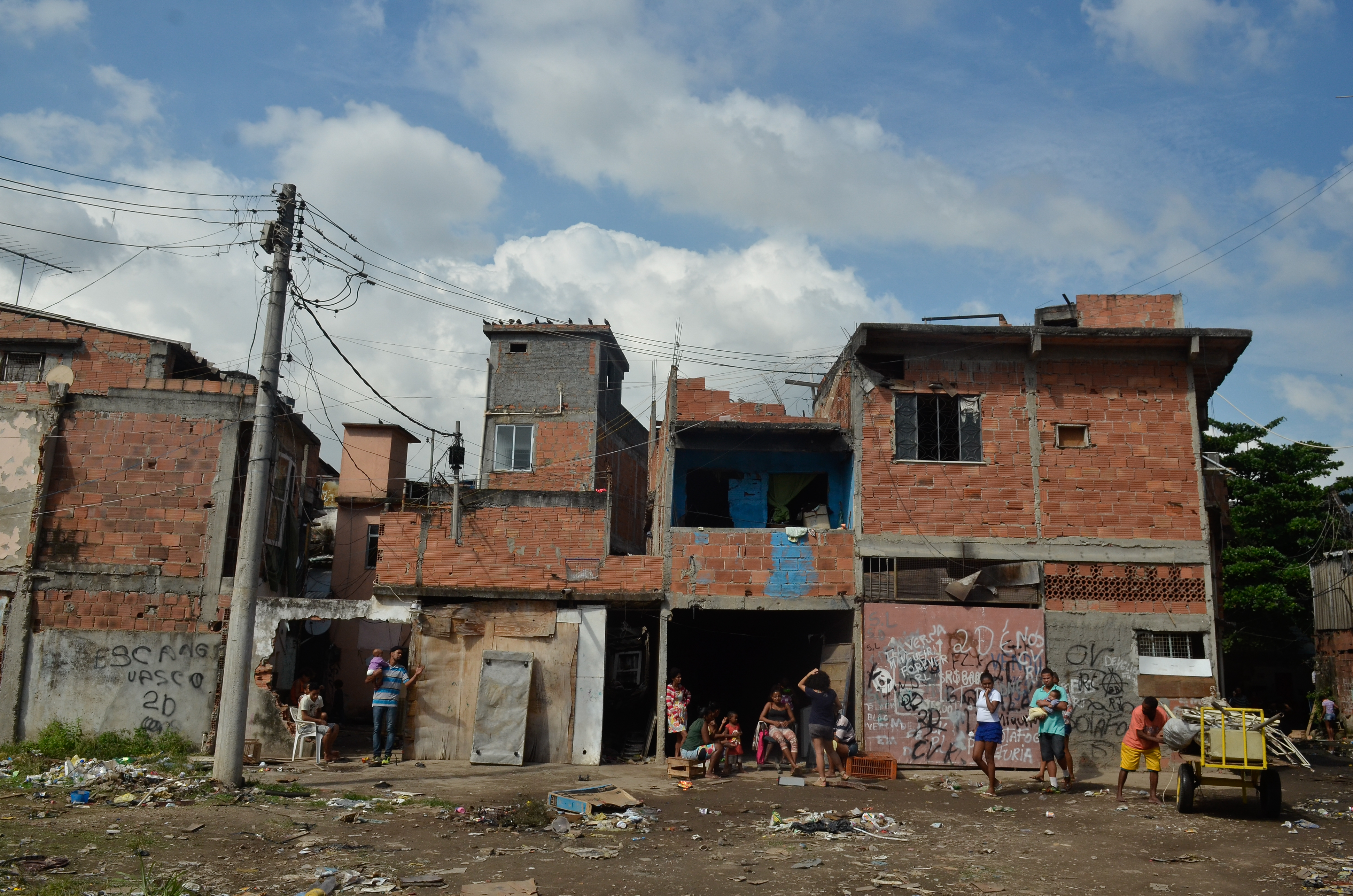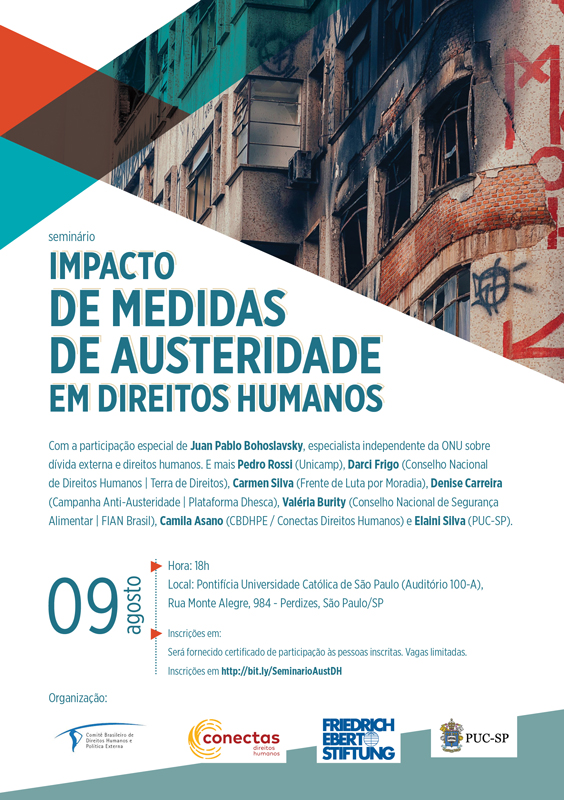Rapporteurs condemn austerity measures implemented in Brazil
Seven UN specialists have sent a communication to the Brazilian government asking for explanation on EC 95 and for solutions for the negative impacts.
 Buildings destroyed by Rio de Janeiro authorities, in the Metrô-Mangueira Favela, in the northern region of the city
Buildings destroyed by Rio de Janeiro authorities, in the Metrô-Mangueira Favela, in the northern region of the city
In a communication released on Thursday 2 August, seven UN special rapporteurs and specialists question the negative impacts of the budget cuts and austerity measures implemented in Brazil since 2014. Cuts in spending, particularly the adoption of Constitutional Amendment 95, is directly affecting health, education, social security, food and the issue of gender equality.
In the specialists’ view, the Brazilian Government did not meet international criteria in evaluating the impact of the implementation of austerity measures, in terms of: timeframe, legitimacy, necessity, rationale, proportionality, non-discrimination, transparency and responsibility. On the contrary, the measures discriminate against the most economically vulnerable population, increasing their vulnerability to conditions of poverty and exclusion, and do not ensure the minimum level of human rights.
“Austerity measures, fiscal consolidation and economic reform measures are therefore of special concern as they often directly affect the minimum core content of economic, social and cultural rights, and impact directly or indirectly and disproportionally on those individuals already discriminated against or living in most vulnerable situations.” The specialists say in the document.
The communication also cites the direct impact of EC 95 on women. 58% of public spending that benefitted women has been cut. Another 15% allocated specifically to combatting violence against women was also removed from the official budget between 2016 and 2014, bearing in mind that Brazil rates fifth in the world in terms of countries where the highest number of women are killed.
The rapporteurs ask the Brazilian Government to explain prior evaluations with regards to the impacts of EC 95 on human rights and vulnerable populations. In addition they request clarification on alternative public policies that Brazil intends to implement in order to mitigate negative impacts on the population.
The document was signed by seven rapporteurs and specialists: Special Rapporteur for the right to education, Koumbou Boly Barry; Special Rapporteur on the right to food, Hilal Elver; Independent Expert on the effects of foreign debt, Juan Pablo Bohoslavsky; Special Rapporteur on adequate housing, Leilani Farha; Special Rapporteur on extreme poverty and human rights, Philip Alston; Special Rapporteur on the human rights to safe drinking water and basic sanitation, Léo Heller and the Working Group on the issue of discrimination against women in law and in practice, represented by Alda Facio.
Event in São Paulo to discuss austerity measures
On Thursday 9 August, starting at 6pm, the event “The impact of austerity measures on human rights” will debate this issue. Among those attending will be Juan Pablo Bohoslavsky, UN Independent Expert on foreign debt and human rights. The panel will include contributions from Carmen Silva (Frente de Luta Por Moradia ), Darci Frigo (CNDH), Pedro Rossi (UNICAMP ), Denise Carreira (Plataforma Dhesca), Valeria Burity (Consea), Elaini C. G. Silva (PUC-SP) and Camila Lissa Asano (Conectas). The event is being hosted by Conectas, Friedrich Ebert Foundation – Brazil and the Brazilian Committee for Human Rights and Foreign Policy and PUC – SP. Seats are limited: http://bit.ly/SeminarioAustDH
Information
Event: The impact of austerity measures on human rights
Date and time: PUC-SP – Rua Monte Alegre, 984, starts at 6pm
Registration: http://bit.ly/SeminarioAustDH



